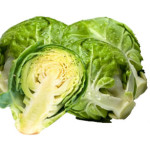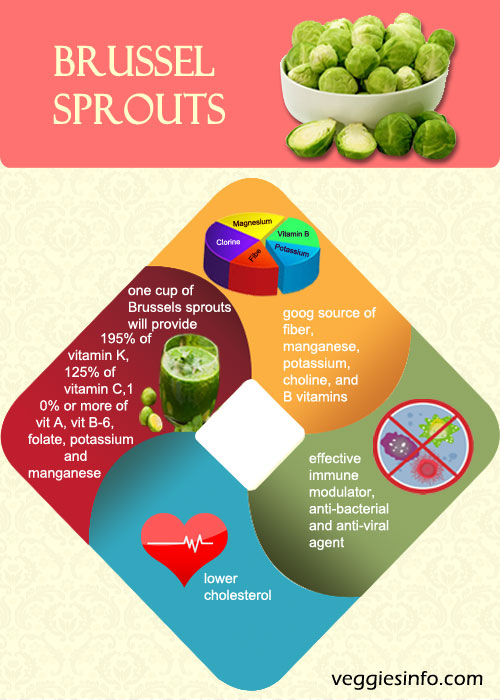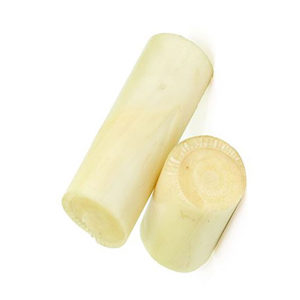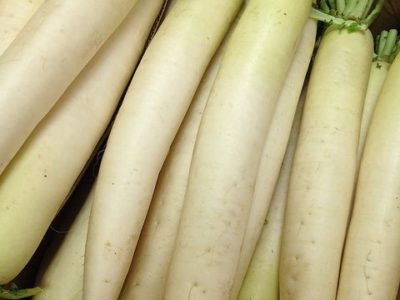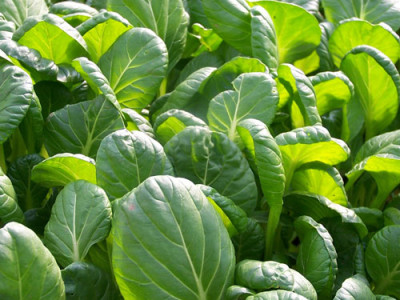

Nutrition Values , Health Properties Of Brussel sprouts
About Brussel Sprouts
Brussel sprouts also scientifically known as Brassica oleracea belong to the gemmifera group. They are commonly also known as baby cabbages, this is not because they are baby cabbage but it is because they belong to the same family. Brussel sprout gets its name from the Belgians, as it is widely cultivated in Belgium from 16th century. Being a winter crop it flourishes well under cold climatic regions and takes a time span of 90 to 180 days to harvest. They grow up to 90cms in height and also has a thick stalk that matures over time. The largest producer of this vegetable in Europe is Nether land, this place produces 82,000 metric tons annually. Northern America has n ideal climate for Brussels sprouts to grow in. They are grown in places like Canada and California.
Brussel Sprouts Nutrition Facts
- Effective immune modulator, Anti-Bacterial and Anti-Viral Agent.
- Good source of fiber, manganese, potassium, choline, and B vitamins.
- Lower cholesterol.
- One cup of Brussels sprouts will provide 195% of vitamin K, 125% of vitamin C, 10% or more of vitamin A, vitamin B-6, folate, potassium and manganese.
Brussel Sprouts Benefits
- Maintaining vision.
- Managing diabetes.
- Improving Bone Health.
- Fighting Cancer.
Brussel Sprouts Interesting Facts
The Total Annual Production of Brussel Sprouts in the U.S is almost 70 million Pounds.
| Principle | Nutrient Value | Percentage of RDA |
|---|---|---|
| Energy | 43 Kcal | 2% |
| Carbohydrates | 8.95 g | 7% |
| Protein | 3.38 g | 6% |
| Total Fat | 0.30 g | 1% |
| Cholesterol | 0 mg | 0% |
| Dietary Fiber | 3.80 g | 10% |
| Vitamins | ||
| Folates | 61 µg | 15% |
| Niacin | 0.745 mg | 4.5% |
| Pantothenic acid | 0.309 mg | 6% |
| Pyridoxine | 0.219 mg | 17% |
| Riboflavin | 0.90 mg | 7% |
| Thiamin | 0.139 mg | 13% |
| Vitamin A | 754 IU | 25% |
| Vitamin C | 85 mg | 142% |
| Vitamin K | 177 µg | 147% |
| Electrolytes | ||
| Sodium | 25 mg | 1.5% |
| Potassium | 389 mg | 8% |
| Minerals | ||
| Calcium | 42 mg | 4% |
| Copper | 0.70 mg | 8% |
| Iron | 1.40 mg | 17.5% |
| Magnesium | 23 mg | 6% |
| Manganese | 0.337 mg | 15% |
| Phosphorus | 69 mg | 10% |
| Selenium | 1.6 µg | 3% |
| Zinc | 0.42 mg | 4% |
| Phyto-nutrients | ||
| Carotene-a | 6 µg | — |
| Carotene-ß | 450 µg | — |
| Crypto-xanthin-ß | 0 µg | — |
| Lutein-zeaxanthin | 1590 µg | — |
Brussel sprouts form a key ingredient in weight loss programmes; this is due to its low-glycemic properties. A portion of 100 grams of brussel sprouts consist of only 45 calories. Apart from the low calorie it contains 3.38 grams of protein and 3.80 grams of dietary fibre and zero cholesterol. Brussel sprouts belong to the cabbage family and they are vested with the power of curing and preventing cancer because of their cruciferous nature. Also the anti inflammatory property helps in preventing cancer. Leafy vegetables like brussel sprouts are a source of folate which is also vitamin B that is present in large amount in brussel sprouts help in strengthening the spinal cord and prevents birth defects such as spina bifida. Brussel sprout is known to manage diabetes and improve vision because of its vitamin c that helps in prevent UV light damage. The anti oxidant property possessed by brussel sprouts because of high vitamin C content helps in getting a younger looking skin and a flawless complexion by its direct oral intake or even if applied as a cream on the face. Vitamin K helps in bone growth and strengthening thereby reducing the risk of fractured bones. The risk of chronic diseases like obesity, diabetes and heart diseases can all be brought under control or be treated on consumption of this wonder food.
How To Enjoy Brussel Sprouts.
The healthiest way of cooking brussel sprouts is by cutting them into halves and steaming them. This method will help you retain the flavours and also the nutrition of the food. Stir-frying, barbeque or even microwaving can be methods opted to cook brussel sprouts. Often added in salads with red onions, goat cheese tossed in balsamic vinegar make a nice snack for brunch. Steamed Brussels with honey and mustard sauce is the healthiest and easiest recipe. Usually served as a side dish; brussel sprouts make a nice addition to cold salad.
Apart from all the nutritional value that brussel sprouts hold if overcooked it tends to give a foul smell and a bad taste. This is because of high sulphur content present in this food. Thus care needs to be taken while cooking.

